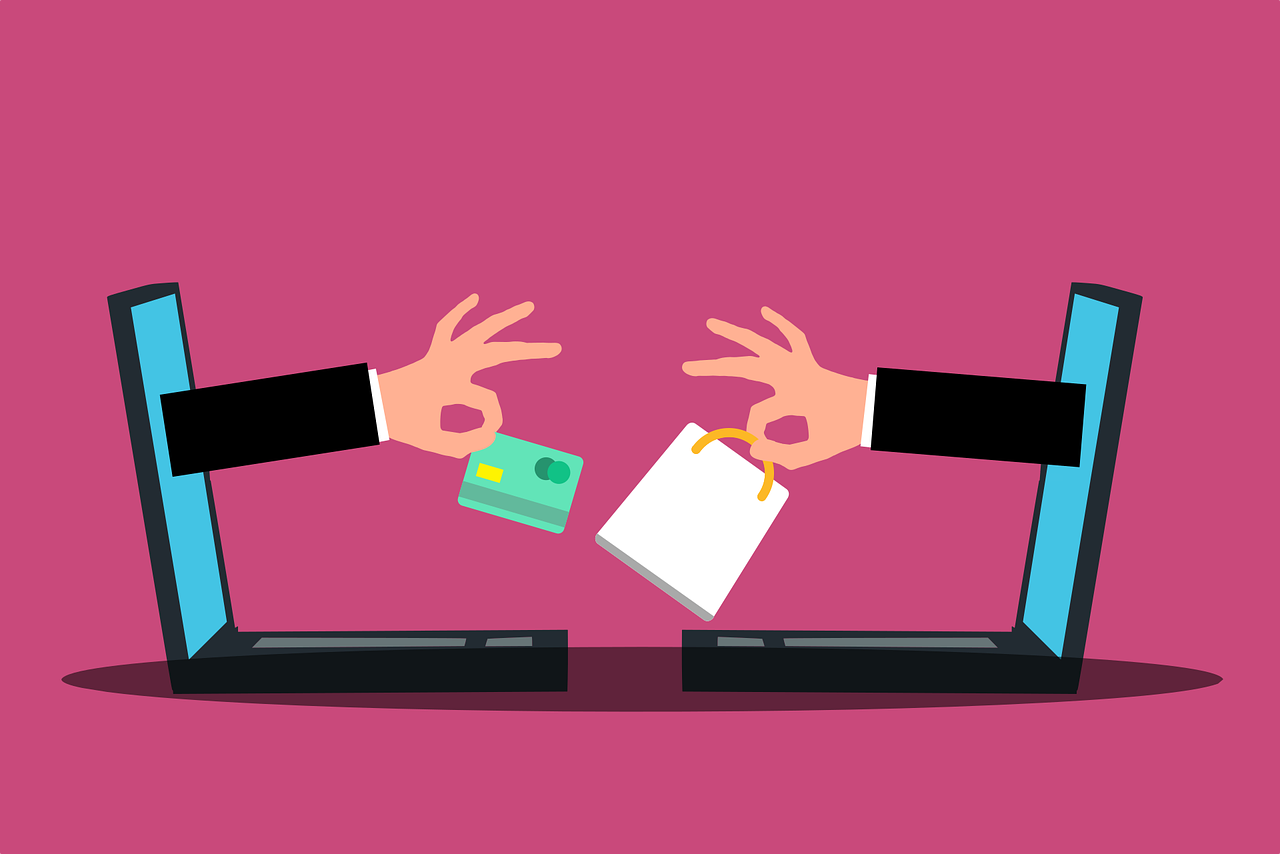Second-hand or business: what threatens sellers on online platforms
8 April 15:45
On March 1, the tax authorities began receiving data on money transfers to the accounts of individuals and businesses that sell goods online. This was reported by MP Nina Yuzhanina, who added that even those Ukrainians who sell second-hand items through online platforms are now under the tax authorities’ gun, and they will now have to pay sales taxes or register as individual entrepreneurs. The announcement caused a great deal of resonance, so "Komersant Ukrainian" looked into what this would lead to and what the consequences might be.
According to the tax authorities, in the first 20 days of March, tens of thousands of taxpayers and citizens who systematically receive money on their accounts for goods sold were identified. However, as the MP noted, not all sales are considered business activities. For example, an individual sells his or her second-hand clothes. How will the tax authorities distinguish such transactions from hidden business activities? And how will the proceeds be taxed?
“Today (and this is what the Ministry of Finance insists on during various discussions), all amounts received from such sales (“non-business”) should be included in the income of an individual, such a person should file an annual declaration and pay 23% of these amounts to the budget (18% personal income tax and 5% military duty). That is, if a person sold the shoes of their child who grew up with them for UAH 200, they must pay UAH 64 to the budget and must also file an annual income tax return. Why is this necessary?”
– says Nina Yuzhanina.
Not everyone will be caught by the tax authorities
The big problem is that all information about system operations, which is more than three sales a year, is already in the system. That is, if a person has sold four things in a year, he or she will have to open a sole proprietorship. The MP believes that these issues need to be urgently resolved and certain thresholds for such transactions should be set.
The tax authorities were quick to reassure that they allegedly do not fine sellers from OLX, Prom.ua, social networks and other platforms and do not automatically track all money transfers to people’s accounts. They also assured that the sale of individual property (personal belongings) is not considered a ground for financial or administrative liability for violation of the current tax legislation. They are only interested in the systematic sale and, at the same time, a homogeneous assortment of goods that has signs of entrepreneurial (economic) activity.
The State Tax Service once again calls on business entities that remain in the “shadows” to bring their activities in line with the requirements of the law on their own and voluntarily.
“And the strengthening of control over online sales is carried out to prevent abuse and tax evasion in the field of business activity,”
– the press service reported.
Читайте нас у Telegram: головні новини коротко
Tax must be paid on any profit
According to economist Oleh Pendzin, no one who sells their belongings on online platforms should be subject to taxation, as we are talking only about those who carry out a sufficiently large number of transactions and have a significant range of goods.
“For example, if someone buys goods on Aliexpress and resells them, this is already an entrepreneurial activity, as the person receives income from these goods. Even if a person systematically sells second-hand items, and there are cases where second-hand goods are regularly sold through platforms, this is also considered entrepreneurial activity, because the person makes a profit from the sale, which means they have to pay taxes and open a sole proprietorship. That is, we need to differentiate here – one sells a few things a year, and the other regularly sells second-hand items,”
– he says in the commentary
On the other hand, as the economist notes, if a person receives income, then paying tax is his or her personal responsibility. The tax authorities should not chase them with a stick. First of all, the tax authorities will track those who are systematically engaged in business activities but do not pay taxes. If there are no such signs, there will be no questions.
According to Oleg Pendzin, the tax authorities can track the turnover on personal accounts of citizens. If they are large, they will analyze how this happens, for example, through the sale of goods, and then it will be clear that without registering as an individual entrepreneur, the person is engaged in entrepreneurial activity. And those who receive large amounts of money on their cards every month are likely to be caught. They will be targeted.
Second-hand goods are not taxed
Economist Yuriy Gavrylechko, in a commentary
“This is an unprofitable project for the state. In court, people can easily prove that they have no profit from these sales, and taxes are paid on the profit. And if they decide to charge taxes, people will move to places where it will be difficult to track sales. For example, to TikTok. Bank transactions will be replaced by cash payments or something else will be invented,”
– said Mr. Havrylechko.
“The fact that the tax authorities say they are least interested in second-hand sales should be divided by two. It’s hard to believe – if someone gets caught, they will not be able to avoid a fine, the economist believes. At the same time, even the fact that the tax authorities will make claims against those who systematically sell goods of a homogeneous assortment will not force Ukrainians to open sole proprietorships en masse. Despite the fact that sole proprietorships are now being closed en masse, emphasizes Yuriy Havrylechko. They will find ways to go into the shadows.
Читайте нас у Telegram: головні новини коротко
Author: Alla Dunina









